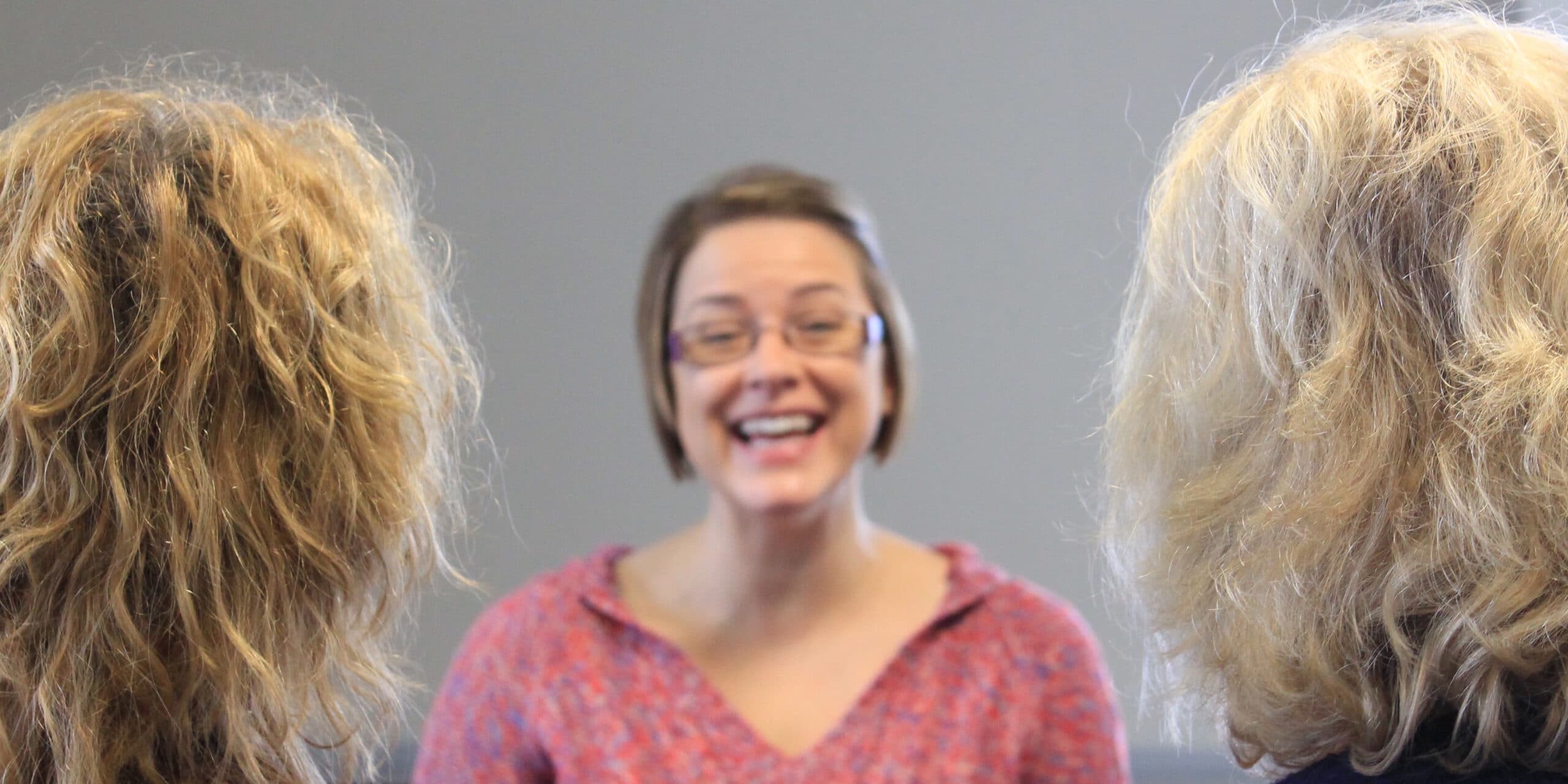
Peer Support as an Anti-Bullying Strategy at Local Authority Level
Peer Support as an anti-bullying strategy for schools is now routinely recommended by the DCSF and Ofsted. Many schools in the UK have individual schemes which show good practice within their own setting. However, it is rare to find co-ordination of multiple schemes within a Local Authority , or part of a Local Authority, or even within families or clusters of schools.
Course Category
Behaviour and Relationships
Inclusion
Peer Support
Meeting emotional needs
Description
Peer Support as an anti-bullying strategy for schools is now routinely recommended by the DCSF and Ofsted. Many schools in the UK have individual schemes which show good practice within their own setting. However, it is rare to find co-ordination of multiple schemes within a Local Authority , or part of a Local Authority, or even within families or clusters of schools.
Coordination of schemes provides opportunities for networking, sharing ideas, and mutual support amongst both adults and young peer supporters creates excellent practice.
This approach also leads to:
- Stability and consistency of training
- A wealth of back up materials for adults and young people
- Consistent telephone and email support
- Opportunities for professional development for teachers, Teaching assistants and Learning Mentors
- Opportunity for national accreditation from MBF
Testimonials
The Mentoring and Befriending Foundation described this scheme as “a benchmark for Local Authorities
Learning Objectives
- To discover how a centrally led Peer Support scheme enhances and promotes anti-bullying work across a number of schools.
- To take away from the day the means and the inspiration to set up a local scheme.
- To deepen insight into impact of strategic approach to peer support
- To learn about a real way of reducing bullying across a Local Authority
Who Is It For ?
Suitable for
- Anti-Bullying Leads
- Behaviour Support staff
- CAHMS
- TAHMS
- Learning Support and Guidance Staff
- Childrens Services Support Services
- Educational Psychologists
Course Content
The training day will be led by Inclusive Solutions, and a representative from a Local Authority who has successfully managed such a scheme for 10 years. This will be an interactive day with lots of opportunity for questions and exploration.
What the day includes:
- How this work fits with an Inclusive Local Authority
- Key aspects and issues in running multiple Peer Support schemes from the centre
- Graphics workshop
- The 3 legged stool of Peer Support: Selection, Training and Supervision
- A chance to view and purchase some of the nationally accredited materials successfully used and developed over many years.
f you liked this course you may well like:
Trackback from your site.